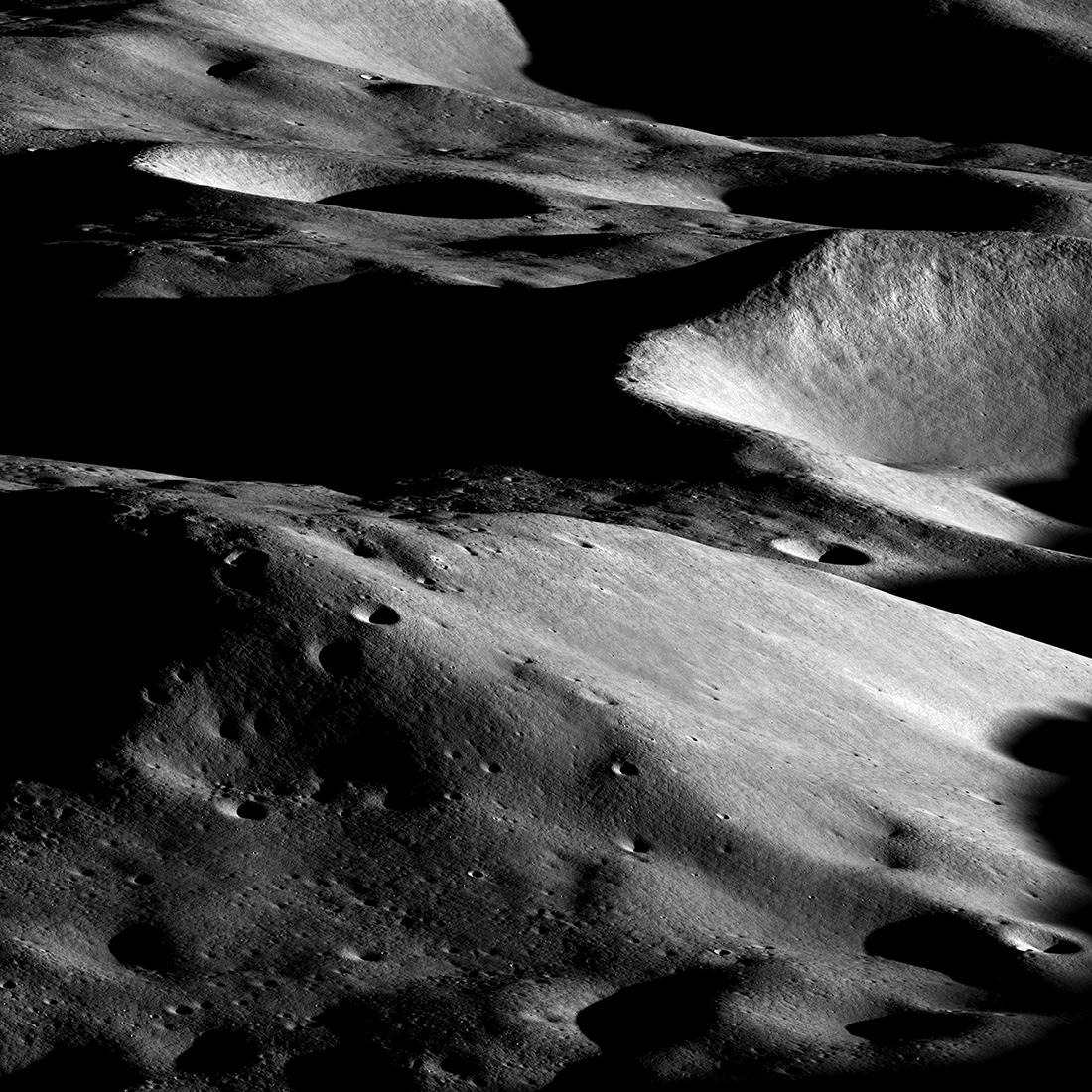The LRO mission support group has published a spectacular new image of the lunar surface. On it you can see one of the possible landing sites of the Artemis III mission.

The photo was taken on March 3, 2023, when LRO was about 170 km from Shackleton crater, through which the Moon’s south pole passes.A very interesting formation, known as the Malapert massif, got into the picture of the spacecraft. The fact is that its peak was chosen as one of the possible landing sites of the Artemis III expedition.
The Malapert massif is a mountain range rising 5 kilometers above the surrounding surface. According to planetary scientists, it may be a fragment of the shaft of the South Pole — Aitken basin.
The formation is of considerable interest for several reasons. Its peak is located in the line of sight of both the Earth and the Shackleton crater. Therefore, it was proposed as a place to install a transmitter designed to provide communication with expeditions that would land directly on the south pole of the Moon. On the other hand, the far side of the massif is constantly in the radio shadow for signals from the Earth, which makes it an ideal place to install radio telescopes. And finally, from the top of the massif there is a magnificent view of the surrounding area. None of the Apollo expeditions could boast such spectacular views.

All the factors listed above make this region a very promising place for a manned expedition. Even if a different location is eventually chosen for the landing of the Artemis III mission, most likely over time the Earthlings will leave their footprints on top of it.
You can also look at the LRO image of an unusual lunar structure formed as a result of the fall of three asteroids.
According to https://www.lroc.asu.edu
Follow us on Twitter to get the most interesting space news in time
https://twitter.com/ust_magazine

